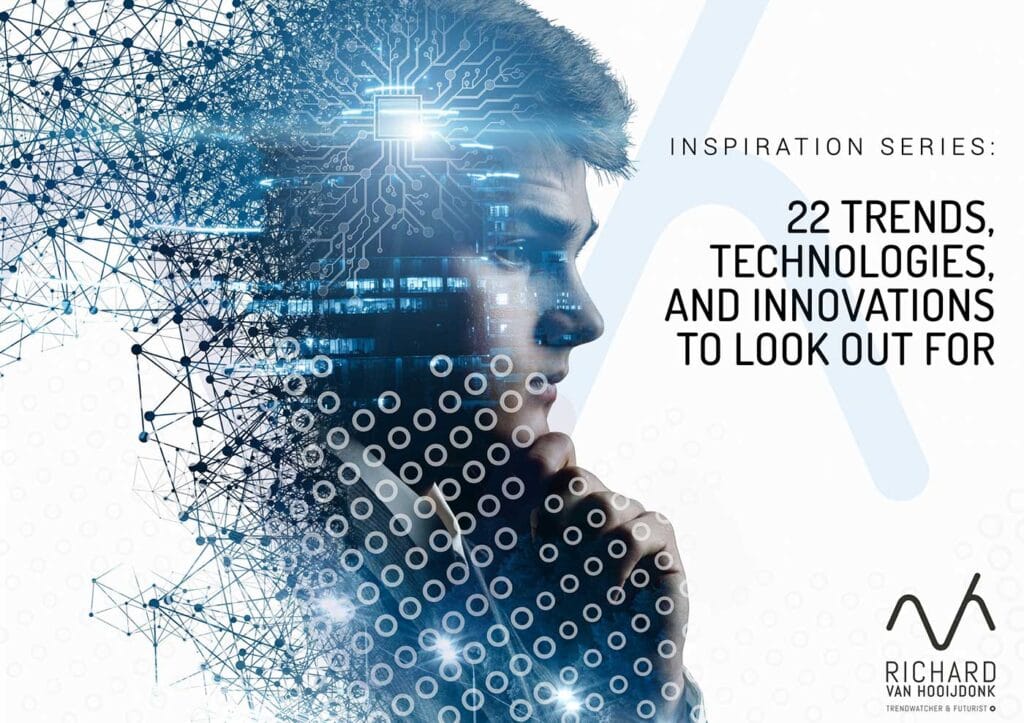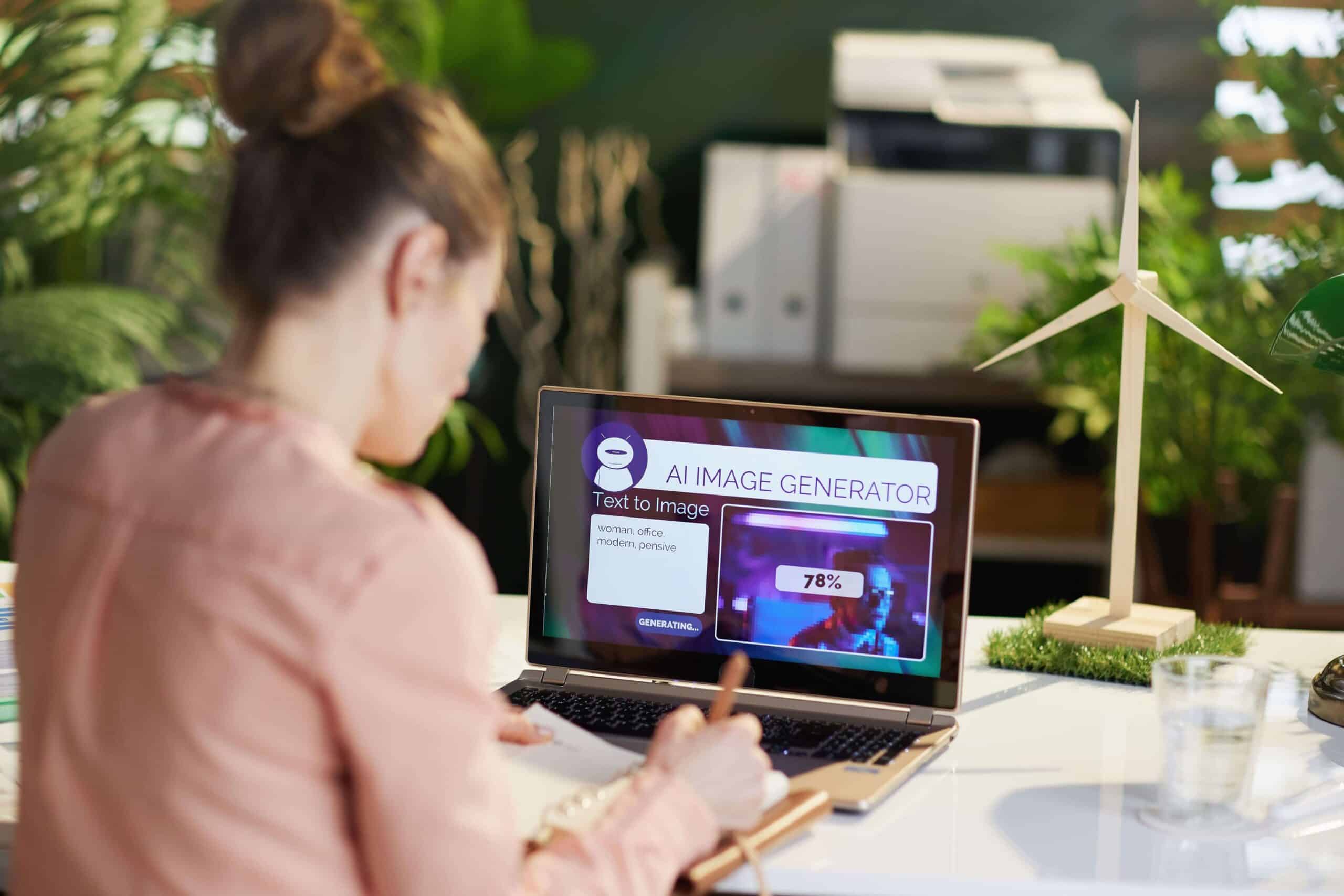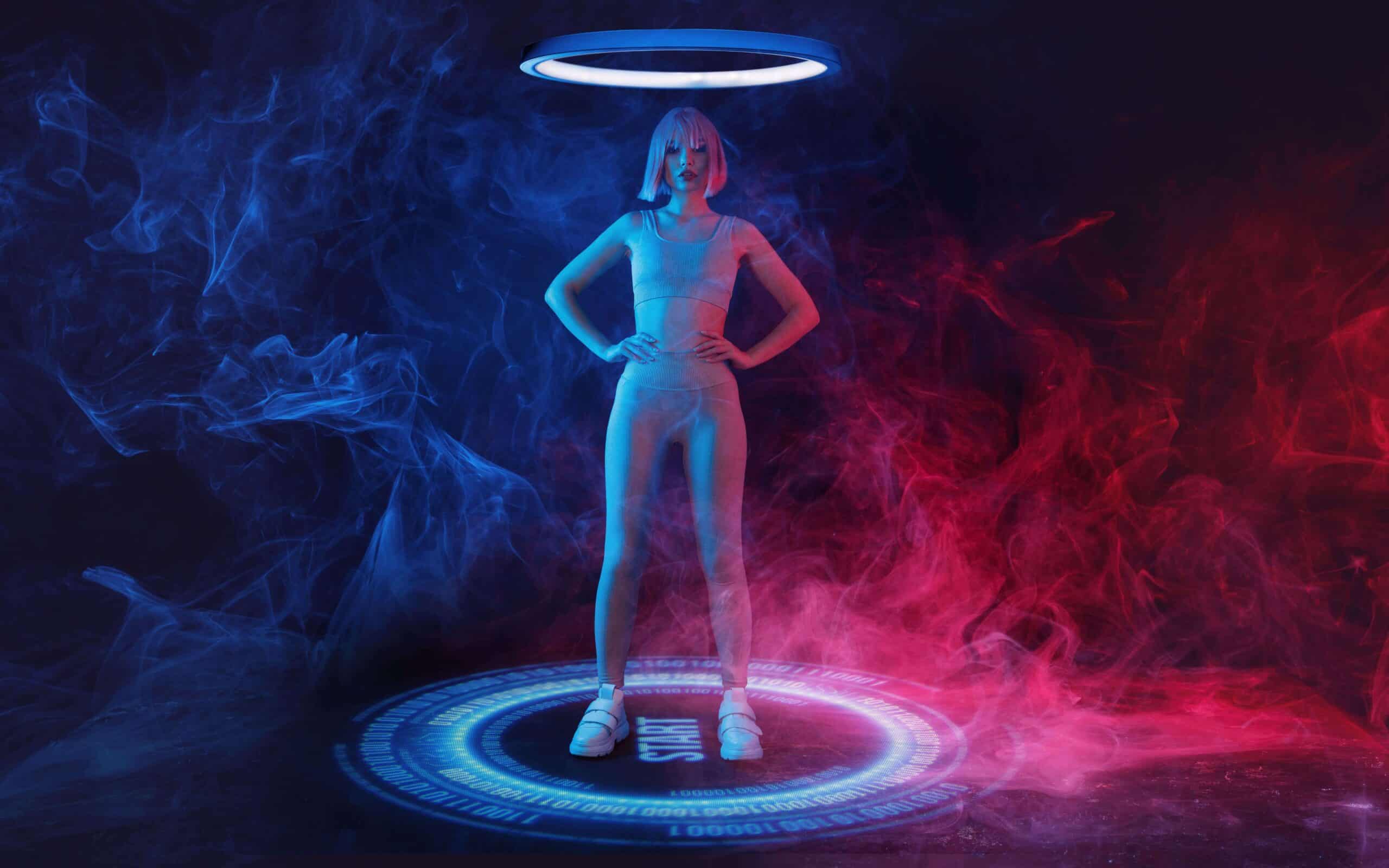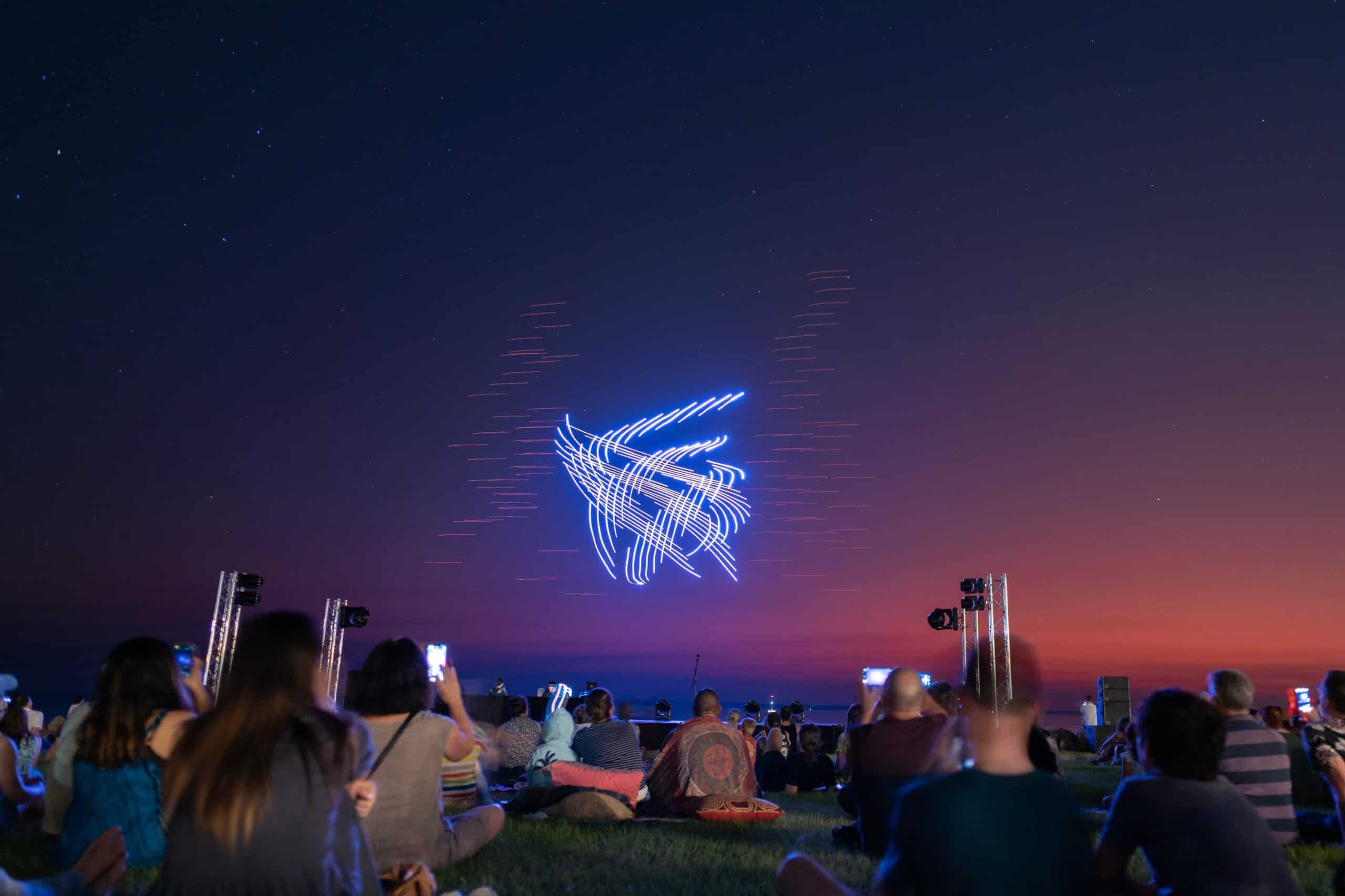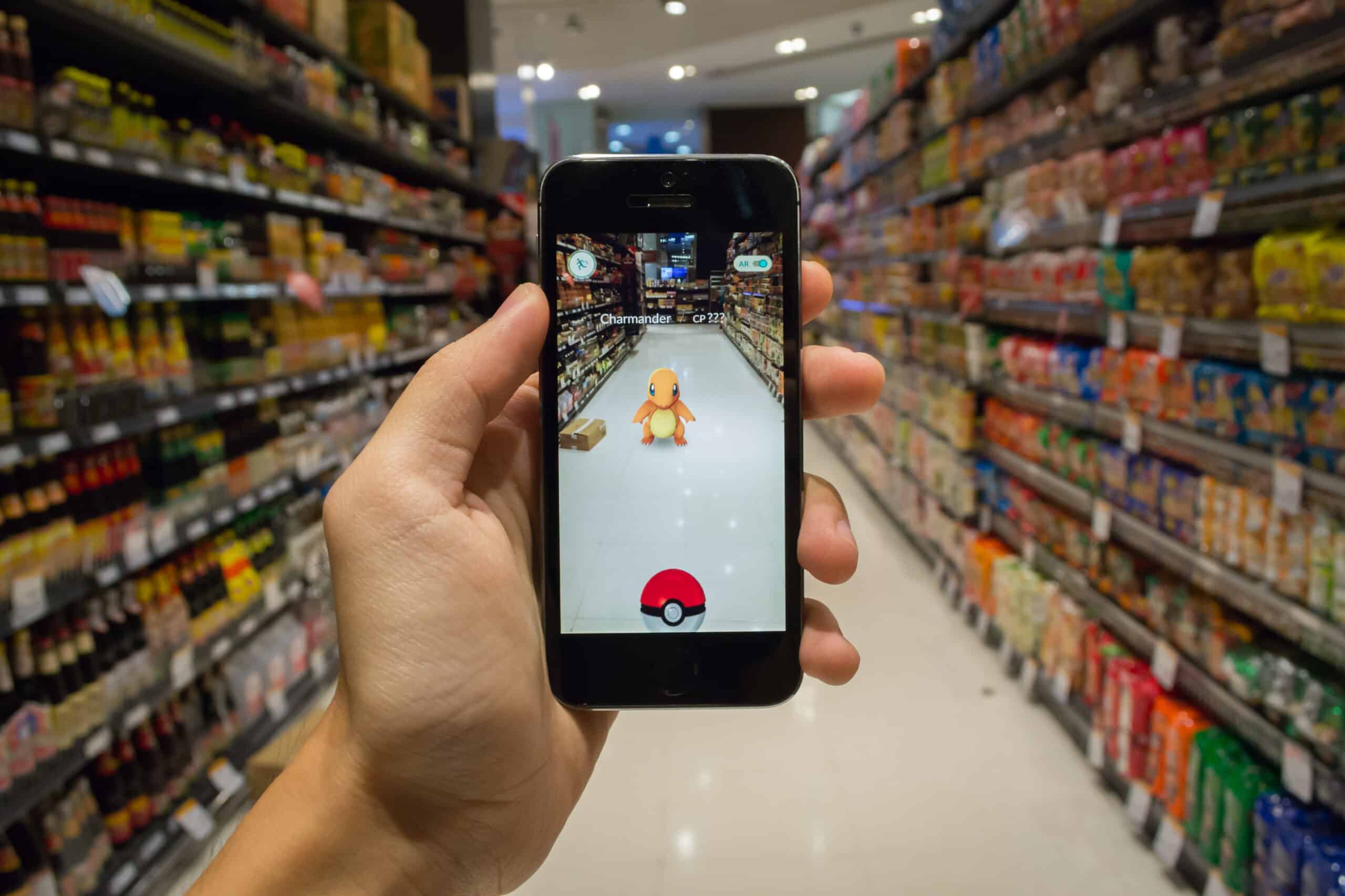- Digital first
- ‘The rise of the helper brand’
- Integration of all channels
- Mobile revolution
- Sensors
- IT & Big Data
- New business models
The future of marketing is on its way. Are you ready? Digitization causes markets and business models to change rapidly. Google now manufactures cars and robots and last year Amazon presented ‘predictive shipping’: they send you the book before you have even ordered it. Within 5 years AirBNB will be the number one threat to hotels and UBER will reshape the traditional world of taxi cabs. They all have one thing in common: they’re digital!
Digital first
This article is not about the importance of the Internet, websites or email marketing. The future of marketing is about the digital transformation that awaits us in the next few years. New technology allows for extreme acceleration and change in marketing. Internet of Things, Mobile, Big Data and sensors. They’re all going to ensure that the customer experience is instantaneously tailored to the ‘context’ of our beloved customer. With big data we make predictions and with mobile technologies we can get very close to our customers. Sensors give us unique information and the Internet of Things connects all the sources. Companies that don’t embrace this new technology in the next few years will have a sad future ahead of them. In 2013, 65% of companies believed to be at the beginning of digitization. Only 15% were extremely satisfied with their digital strategy and had it catered to perfection. Which phase do you find yourself?
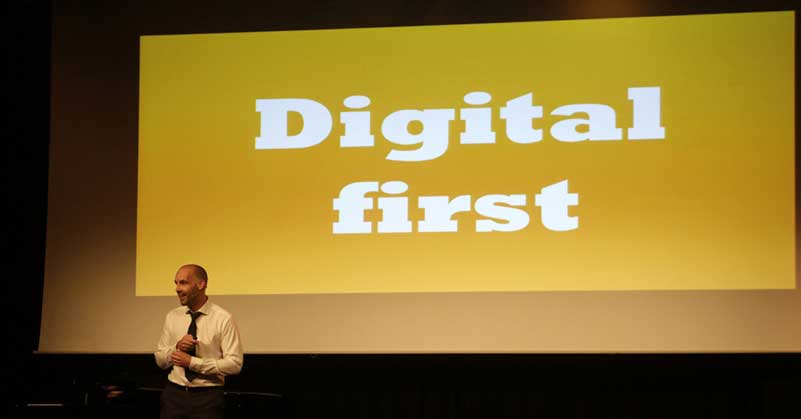
‘The rise of the helper brand’
When it comes to enticing our customers, using new technology is a must. Advertising is dead. The next step is native advertising. Native advertising means providing interactive content (gamification, interactive video and apps) that produces an interaction. Human 3.0 is looking for human brands that are able to play a role in daily life. An example is Nike. They offer you, the runner, content and apps that help improve your performance. We need to move away from ‘hype’ and set course towards ‘help’, using the best possible ‘educational’ and ‘entertaining’ content for businesses and consumers.
Integration of all channels
The way we communicate will become fully integrated. In terms of channel and operations, voice, mail, mobile, sensors and social media will be tuned into each other. Big data will ensure that the desired communication channels are automatically tuned into the needs of the customer. After your visit to the shop, Beacon sends your data to a central data point where you will receive an interactive video to watch and get six recommendations by friends. Then, with one press of the button, you can digitally complete your order. Smart algorithms can deliver the right content to the right person at the right time, via the right media. Faster than real-time.
Mobile revolution
In the next 10 years, mobile devices will play an increasingly important role in people’s lives. Currently, almost 80% of Dutch people own a smartphone and the devices are becoming even smarter by using big data and clever algorithms. Smartphones will be fitted with an average of 15 sensors and payment systems (such as ApplePay) as well as intelligent scanning and recognition capabilities. This year, Amazon launched Amazon Dash. Are you running out of mayonnaise? Just scan the barcode and the mayonnaise will be delivered to your door the next day. Amazon Firefly already provides a database of 100 million products. If you would take a photograph of each product you see, Amazon would probably be able to deliver it immediately. The mobile revolution is infiltrating the offline world in a big way and huge accelerations can be seen through the emergence of new intelligence. Take the AppleWatch, for instance. Using 8 bio sensors, it helps to keep us in top shape, while Google Glass and Oculus Rift combine Real Virtual Reality with data and intelligence. These techniques will also produce breakthrough and useable innovations for everyone. We will be introduced to Bluetooth 4.0, which will be able to connect more and more devices. The Smartphone will become even better when it comes to identification, using biometrics (finger prints), iris scanning and voice recognition.
Sensors
Sensors will bring the offline and the digital closer together. With RFID chips, also built into ‘Beacons’, we will be able to recognize people and customers in shops, at exhibitions but also during personal interaction. People who shop offline will get a ‘status’, so that they can be addressed as an individual and approached with personalised offers. Based on the shops they visit and their purchasing and internet behavior, customers will be sent digital content, assisting theme them to make a choice. Billions are being invested worldwide in the development of faster and better beacons. Sensors can help generate insights which can determine and confirm customer needs. Apart from ‘Beacons’, we shall also be seeing sensors like these in smart phones, fridges and even in the ordinary jar of peanut butter. In the business-to-business environment sensors will start playing an important role as well. Think of leased vehicles, office equipment and industrial processes. In the factory of the future, products such as milk, peanut butter or cola will be adapted to the physical needs of the consumer, based on information in RFID chips. Products and objects will pick up signals and analyze and convert them to digital actions.
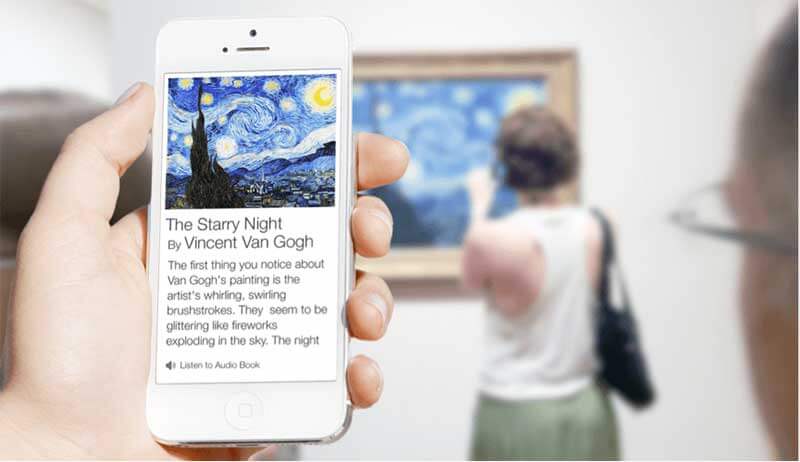
IT & Big Data
The marketer of the future will technically be fully aware of all the possibilities. A few years ago we spoke about email programs, social media software, databases and responsive websites. In the next few years, other themes will start playing a role, such as the necessary data centralization of all implemented channels (apps, social media, phone, shopping, website). The increased amounts of data we have now will need to provide real-time and predictive digital offers. Databases are no longer static but are changing all the time. They will need to make predictions and provide the customer with the right recommendations. In the years ahead, we will produce 4 times as much data as we do now and we will soon be arriving in the ‘Age of Context’. What dangers will be lying ahead? To what extent will cyber crime disrupt innovation? Will data security be a prerequisite for the success of digital innovation?
New business models
Old traditional business models will become obsolete and make way for new ones. If the former video rental company Netflix hadn’t switched to the digital video library, it would probably have had to close its doors. Right now, millions of people pay ten dollars per month to use the service. Even Amazon Prime is ‘attacking’ its own business model; unlimited music, books and movies at a set fee. I personally remember the accounting package Exact, which, in the ‘old days’, used to cost 500 Dutch guilders. Using their Cloud software now costs 50 euro per month. Never before has Exact been more successful. And let’s talk about the smart fridge. As soon as the sensors discover that you’ve run out of milk, it automatically orders it for you and it gets delivered within two hours, together with the peanut butter.
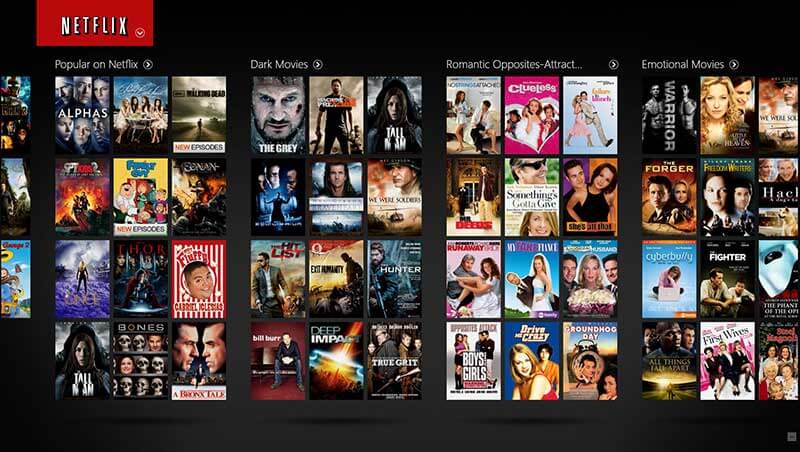
And finally, your job …
Towards 2020-2030 many jobs will become redundant and work will be taken over by robots and machines. The development of artificial intelligence will result in many jobs, now filled by lower skilled workers, to be taken over by machines. Will the campaign manager in the future be replaced by a ‘campaign machine’ that analyzes results and develops campaigns? Will the marketing manager soon be supported by a big-data robot that hands out strategies and decisions on a silver platter? What will the marketing department of the future look like?

